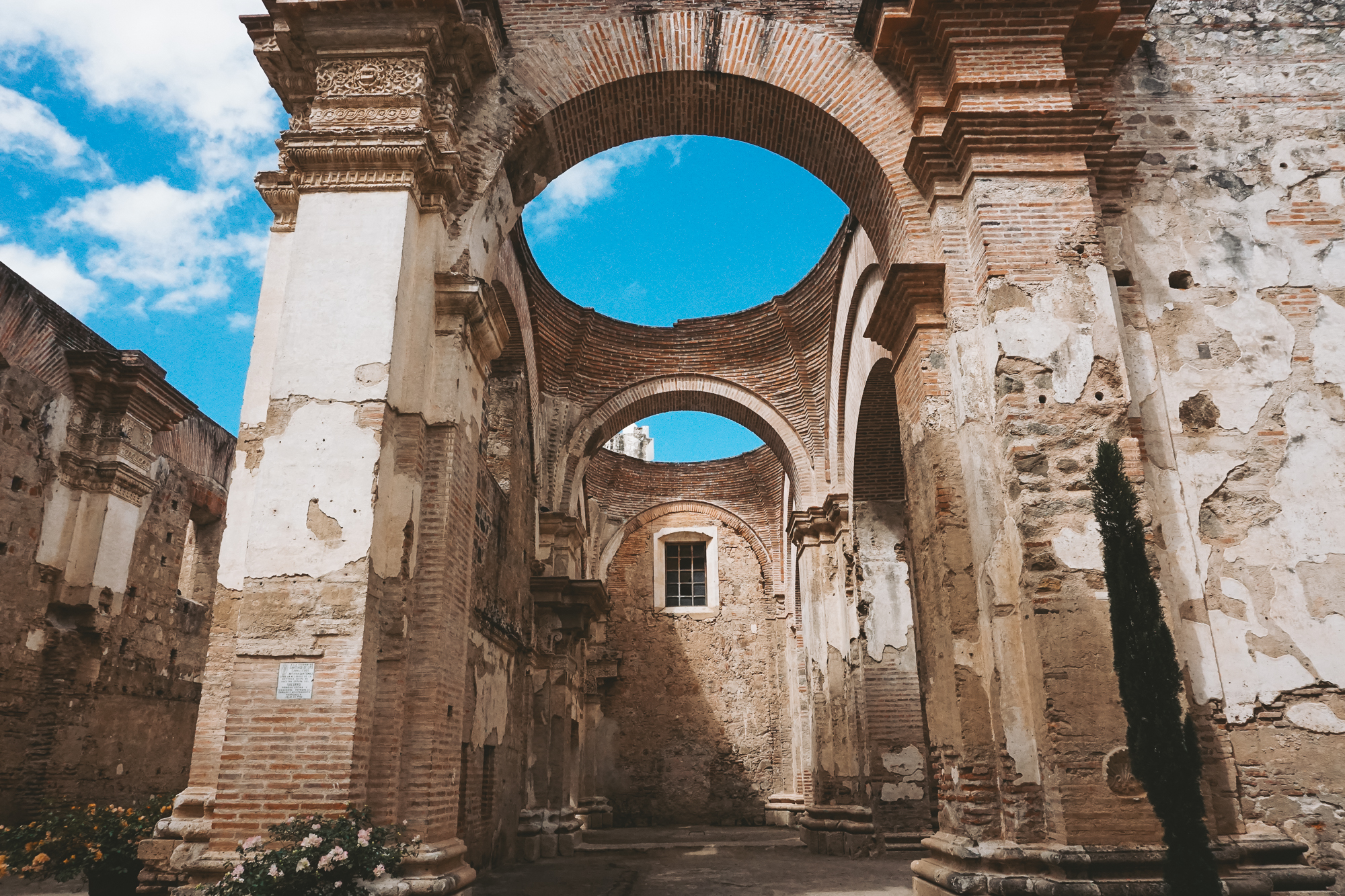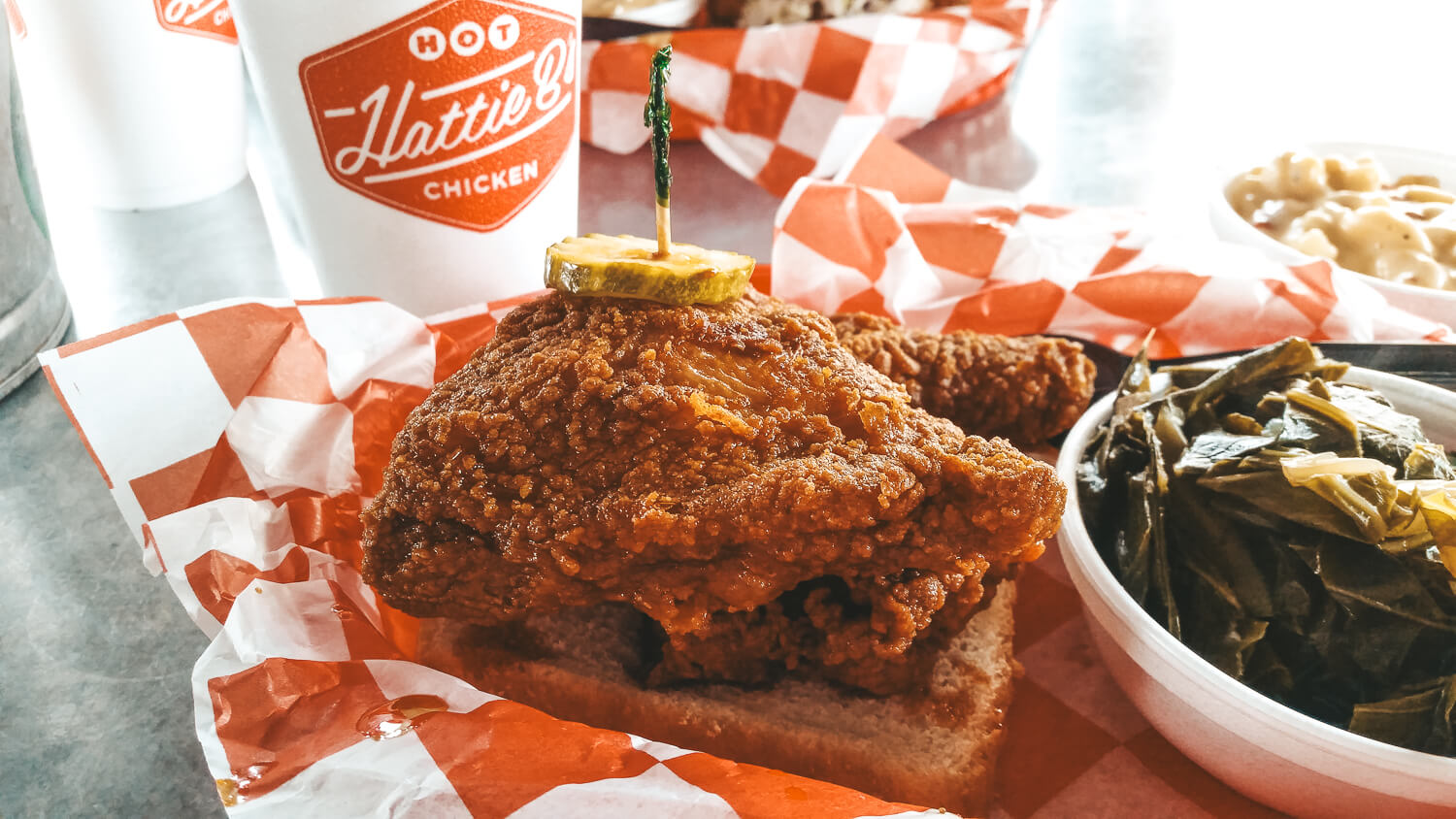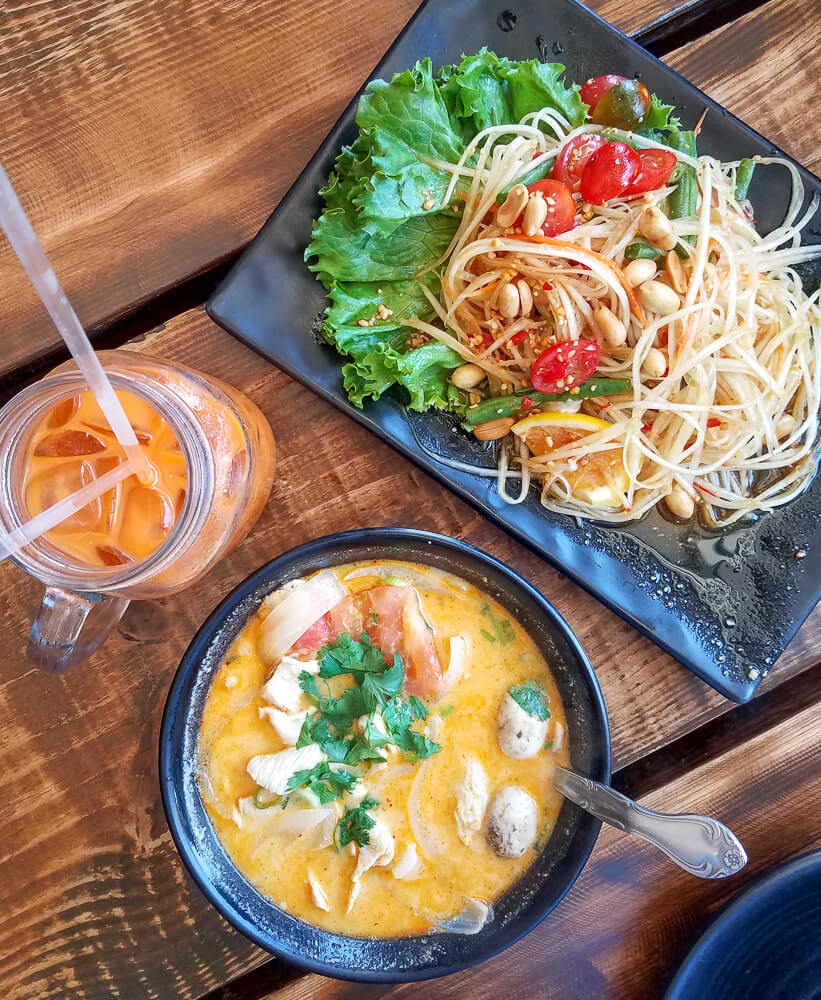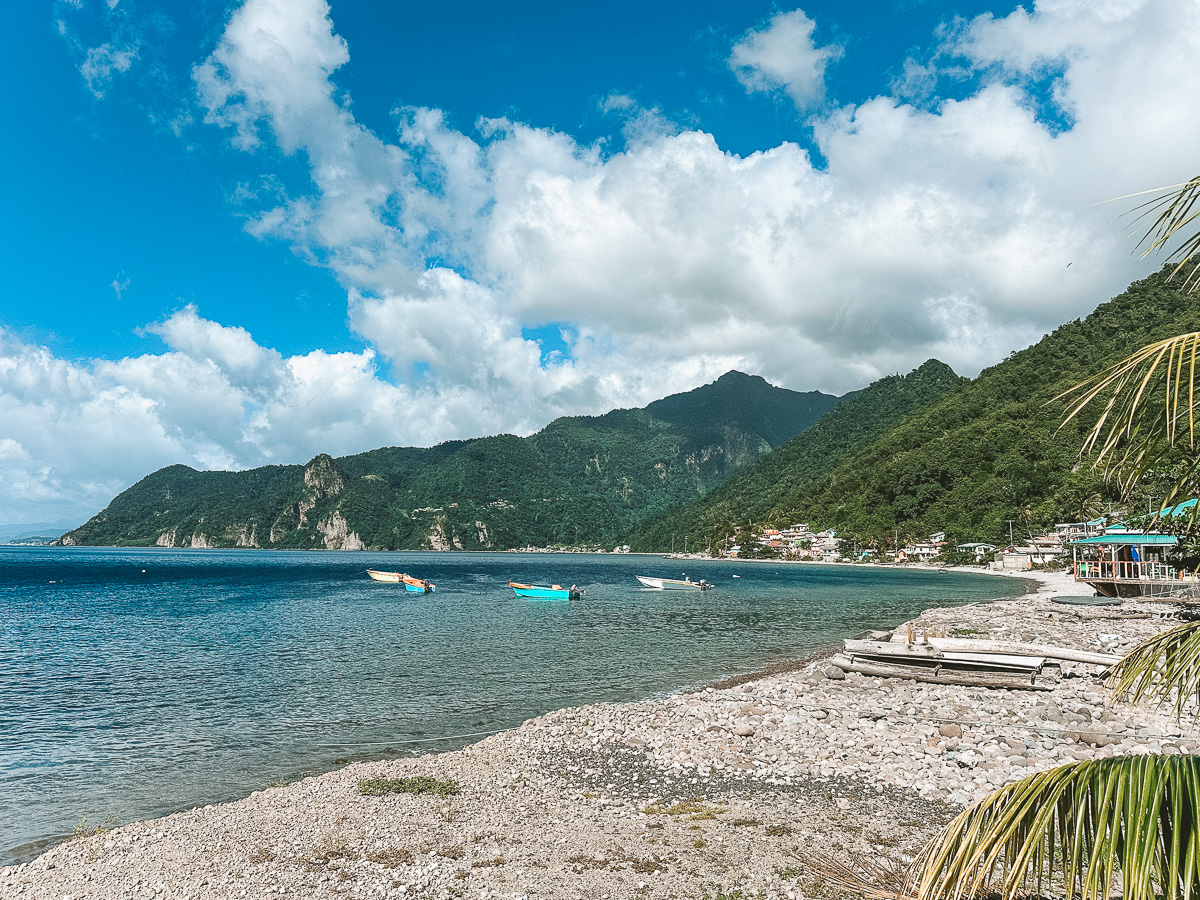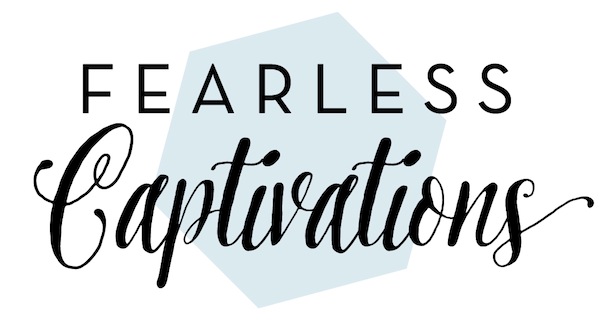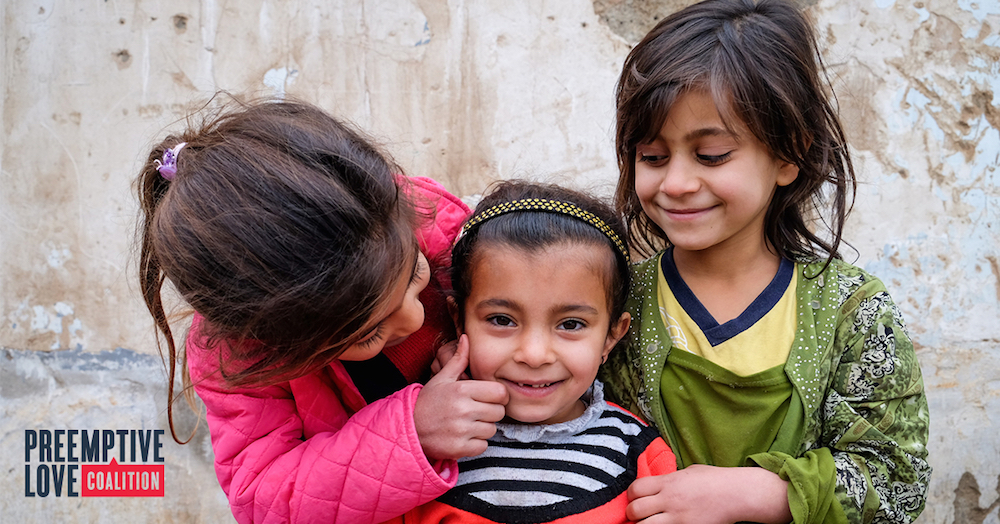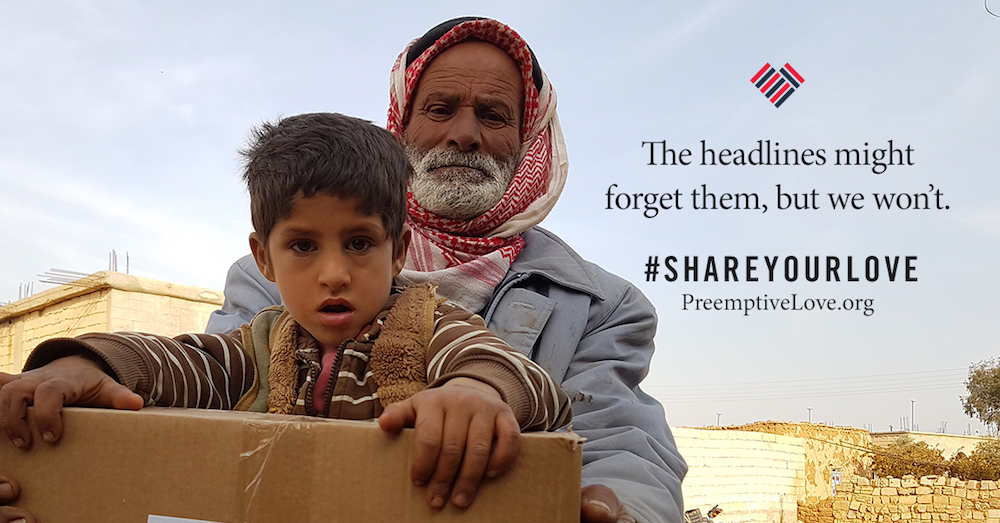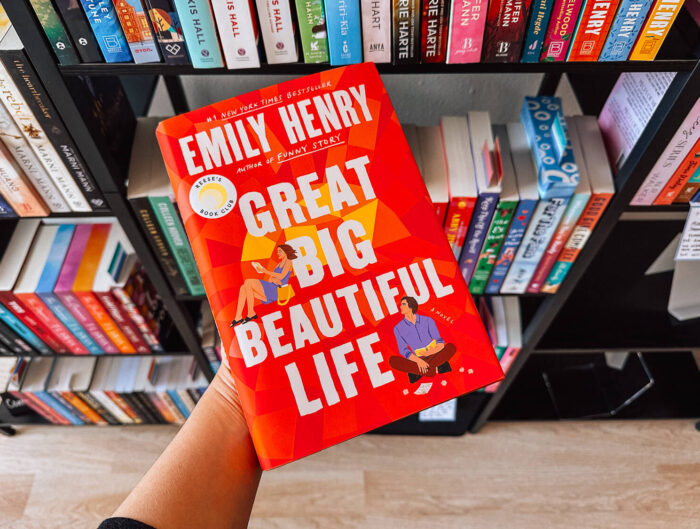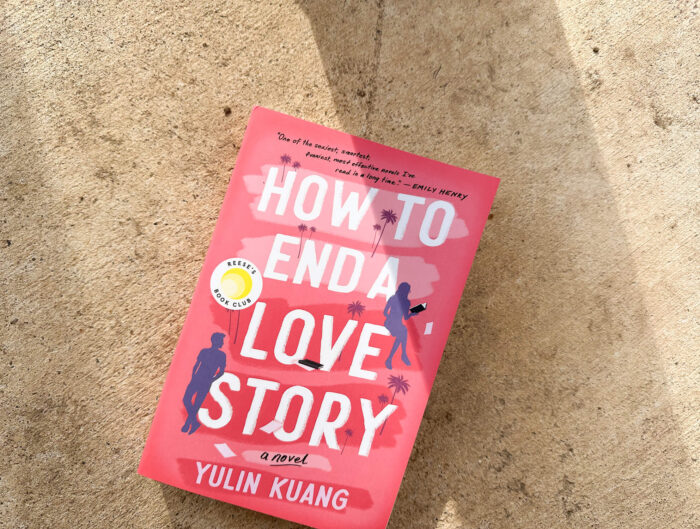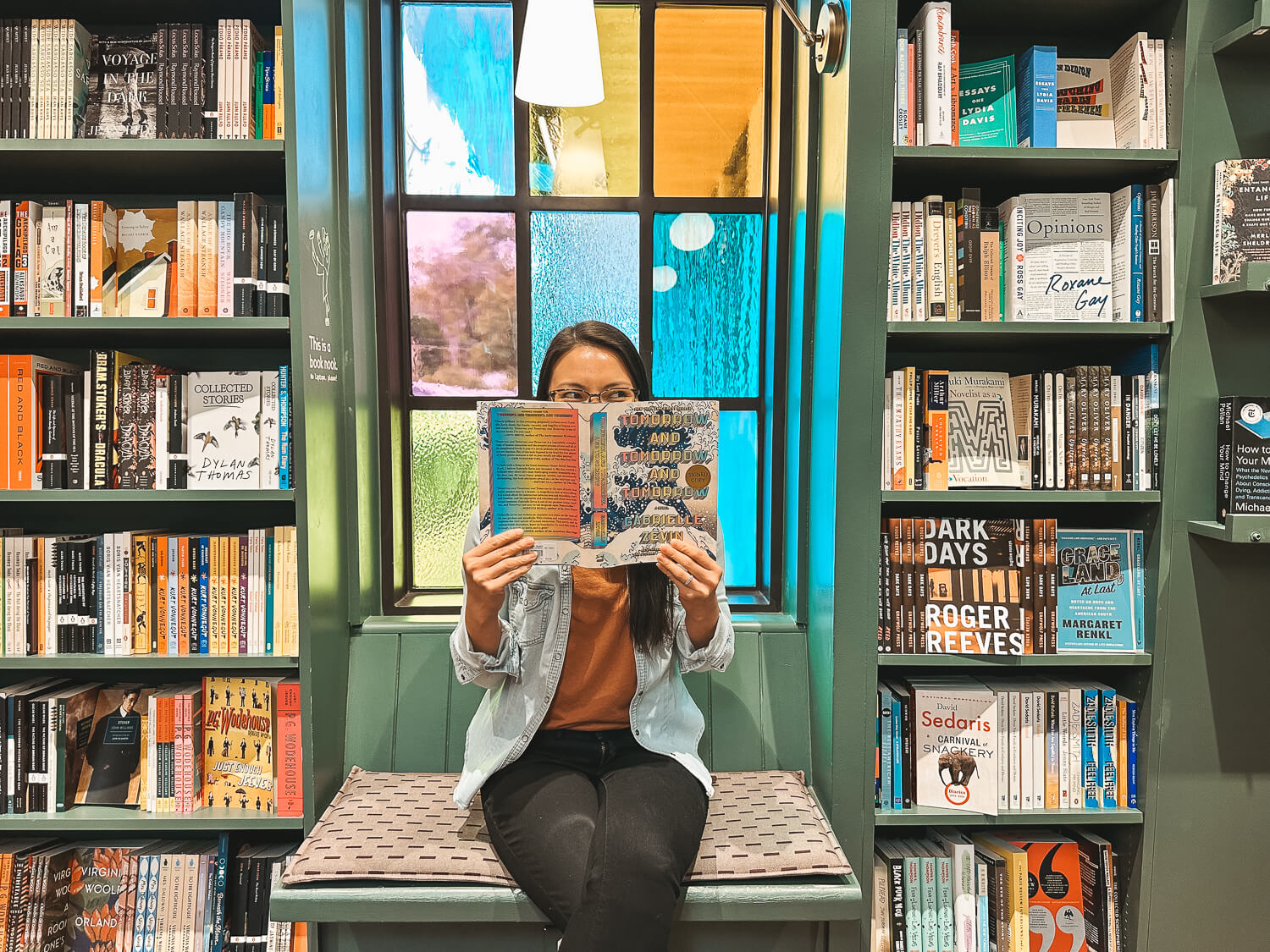
Note: I’ve been working on this piece about immigrants and refugees for a few months, and it’s still not done. It’s a delicate subject, one with constant updates and changes and one filled with a lot of emotions. There’s so much to say. Whether it’s through spreading knowledge, giving money, or volunteering our time, we have the opportunity to make a difference in other people’s lives. I hope this sparks a conversation in your life, drives you to act, and gives you a reason to care.
Working at a hotel, I meet co-workers who are immigrants. They tell me about their second jobs, the ones they go to after their shift at the hotel and on their days off from the hotel. They tell me about their kids and their goals. They tell me how they’re doing in their weekly English classes. They tell me about family members in their country and their past jobs. They dream of a better and easier life for themselves and their children. What they’re living through now is how I got to where I am today.
My Story
My parents immigrated from China and started building a life in the U.S. more than 35 years ago. They worked hard, and my dad still works more than 10 hours a day, six days a week, in the same restaurants for more than 25 years. Their hard work and gumption earned them a house, car, family vacations, and a privileged life for their kids. They understood education was the way to a better life for us. They saved for music lessons, summer camps, and tutoring classes. My mom took me to the library constantly to feed my love of reading. They saved for my college education.
Life wasn’t perfect and if they were discriminated against as an immigrant, they shielded me from it. Only the silliness of kids at school would remind me I was different. We endured the typical struggles of an immigrant family but I didn’t see the sacrifices and didn’t think much of it. Through their hard work, I had a privileged, “regular,” suburban childhood.
Where I am today is because of their hard work, but I’m also lucky. Because of when and from where my parents immigrated and who my parents knew and how they helped them, I don’t live in fear that my dreams would be ripped from me or I would be separated from my family. I’m blessed to live a privileged life chasing my dreams and traveling freely around the world.
Their Story
An immigrant is a person who comes to a foreign country where they are not natives with the hope of living there permanently. A big motivator for immigration is a higher wage, and people also immigrate to escape poverty. Most immigrants in the U.S. come from Mexico, India, Philippines, China, and Vietnam.
A refugee is a person who has been displaced and forced to leave their country to escape war, persecution (like ethnic cleansing), or natural disaster. They may also be called asylum seekers. The way I think about it, the living conditions in their home country are so dire, that they have no choice but to flee. The alternative is to stay and die. The highest number of refugees come from Syria, Afghanistan, South Sudan, Somalia, Myanmar, and the Democratic Republic of Congo. In 2016, more than 5,000 refugees died trying to cross the Mediterranean Sea. About 16.2 million people were driven from their homes in 2017.
Because of what they endure, it is unfair to loop them into the same category, but for so many, there is no difference in how or why a person wants to enter our country. Simply, they are outsiders coming to an unfamiliar place, needing many resources to rebuild their lives.
Think about how you would rebuild your life in a new country where you don’t know the language, traditions, and laws. All you know is that this new life will provide better opportunities for you and your family.
These are some of the struggles immigrants go through:
- They wait for their immigration to be approved. Depending on their home country, it can be fast or it will take years.
- After they immigrate, they need to find an affordable home and a job.
- Children need to integrate into a school and catch up with their peers. Some are learning English and come from homes where English is not spoken. They may struggle to keep up.
- Parents must figure out how to make enough money to provide for their kids. Sometimes this means not seeing their kids as often as they’d like because they are constantly working to make ends meet.
- If someone has immigrated alone, they are missing their friends and family back home. They need to find a community in their new city.
- Immigrants must find the resources (classes, tools, etc.) and time to learn English.
- They learn how to navigate their new home. This might include learning the routes of public transportation, learning traffic laws, finding the grocery stores, learning how to use the currency, and enrolling their kids in school, among so many more things.
- They keep the hope through the struggles of money and culture that they made the best choice and greater things are always ahead for their family.
- They endure humiliation, ridicule, and hate when they don’t do things right and can’t speak the language and communicate. Or maybe it’s for no reason at all besides the way they look.
On top of everything above, these are some of the additional struggles refugees go through:
- After fleeing a country in turmoil, they wait in limbo at a border or in a refugee camp for a new home and a country that will take them in. At a camp, they struggle for food, shelter, and all the other basic needs for themselves and their children. Humanitarian organizations can only provide so much. They wait in lines for hours for a bathroom and shower and receive meager food portions.
- Children lack a normal childhood. They have seen war, violence, and death. They experience hunger. They are forced to grow up fast. They can’t go to school. They learn to survive and get by.
- Adults and children deal with emotional turmoil. They mourn family members who have died from bombs, torture, hunger, and other unimaginable ways. When they are finally safe, they need to learn how to process and express their emotions and past. They struggle to be “normal.”
- They don’t stop losing hope for the people and the country they left behind. Sometimes this means waiting to hear from family and friends and hoping they are safe.
- When they are safe and rebuilding their lives, they wonder why people with wealth didn’t help more. They may feel guilty for the things they receive while others still suffer in camps or their home country.
The Story of Syrian Refugees
I’ve been reading books about immigrants and refugees to get a better sense of what it’s like. I want to know more but these books are hard on the heart. The book We Crossed a Bridge and It Trembled is one I read at the beginning of the year and it wrecked me. You have to read this book slowly because it’s hard to emotionally take in all at once. Over 300 Syrian refugees were interviewed over four years. (This book was published in 2017.) It details what happened in Syria, how it happened, and the aftermath.
What struck me most is the aftermath, how Syrian refugees are doing today. The book shares stories from refugees who are rebuilding their lives in new countries. After the deaths of family members and friends, physical destruction of their communities, fear of corruption and torture, and countless other struggles, they come, many smuggled and risked death because there’s no other way, to a new country that doesn’t want them.
Governments are slow with paperwork so they are literally sitting and waiting in a tent city or temporary housing, doing and having nothing, even when they have degrees and professional licenses. No legal papers (no documentation of who you are) mean no housing approval and no hope to secure a job. On top of this, citizens who lack understanding and compassion yell racial insults to “go back to your country” when they have no idea what they endured and that there is no livable country to return to now.
Here are some of the quotes from the book that struck me the most about rebuilding their lives in a new country:
“We don’t have a problem with death. Our problem is life without dignity. If we’d known what was in store for us, we never would have come. But we did come, and now we can’t just return. There’s no way back.”
“If I’d known this was life here I would have stayed in Syria and handed myself over to ISIS. It’s better to die once than die slowly every day.”
“We were alive, but not really living.”
“What do they expect us to do? Isn’t it enough our government destroyed us and we lost everything? We would prefer to stay in our country. If you don’t want refugees, help us make peace in Syria.”
“We’ve accepted the fact that we need to make our dreams smaller if that’s what it takes to keep dreaming.”
What kind of life is one without human dignity, forward progress, or hope? How do you go through the day when you can’t feel your worth or assure your kids that everything will be ok?
Our Story and How to Help
I believe we’re all in this together. I think we have an obligation to our humanity to help each other. (Especially since the U.S. and other first-world countries are likely somewhat at fault for pain and suffering around the world.) Maybe it is a naïve way to think. There are limited resources (money, space, etc.) but is it too much to ask that a person’s basic needs are met? There are rules to follow, but separating children from parents shows no compassion. I wish one person’s personal agenda didn’t dictate another person’s quality of life. I wish there was an easy solution.
It is emotionally taxing to keep up with heart-breaking news, but it is our privilege as rich, first-world, free people to care because their lives matter and because we can always do better. We can make a difference and even a little can impact one person’s life.
How do we do it?
- Stay aware. Read the news and keep up with what is going on.
- Share the news.
- Vote for leaders that support what is best and keep them accountable.
- Donate money to local, national, and international organizations.
- Donate physical items to local organizations.
- Get to know and become a friend to immigrants and refugees in your community.
- Volunteer your time with organizations.
Educate Yourself and Stay Aware
There’s a lot to learn and understand. In addition to keeping up with the news, here are a few articles, books, and films to learn more.
Quick Education Links
- New York Times Article: Debunking the Myth of the Job-Stealing Immigrant
- Research findings and statistics about immigrants in the U.S.
- U.S. Government Immigrant Visa Process
- Refugee Stats at a Glance
- On Stopping Family Separation by A Cup of Jo
- Lasting Psychological Trauma of Refugee Children
- A short account of a refugee settling in Houston
Books to Read
- We Crossed a Bridge and It Trembled by Wendy Pearlman
- The Best We Could Do by Thi Bui
- The Refugees by Viet Thanh Nguyen
- A Nation of Immigrants by John F. Kennedy
- The Girl Who Smiled Beads by Clemantine Warmariya
- Refugee by Alan Gratz
Documentaries to Watch
I think even watching these short trailers will give you some things to think about.
- This is Home: A Refugee Story
- The Other Side of Immigration
- 4.1 Miles
- Who is Dayani Cristal?
- I Learn America
- Human Flow
Support Organizations
Thankfully, there are organizations doing hands-on work. They are helping refugees and immigrants by meeting their basic needs in their home countries and camps. They are helping rebuild lives. Give your time to an organization in your community or give money.
Austin Organizations:
- RAICES
- Casa Marianella
- Refugee Services of Texas
- Caritas of Austin
- Workers Defense Project
- SARA Organization
- Multicultural Refugee Coalition
- The Amala Foundation
National/International Organizations:
- Preemptive Love Coalition
- International Rescue Committee
- Refugees International
- Save the Children
- Mercy Corps
- UNICEF
I’m a part of the Preemptive Love Coalition’s group The Frontline. You see some of the organization’s photos above. Preemptive Love Coalition provides relief for people in war-torn countries and encourages others to love anyway, no matter what fear and violence make us believe. They made this great video that gives a glimpse into why giving and caring matters.
Conclusion
I don’t have a magic solution and I wish I did. The list of why immigrants and refugees cannot succeed is long. And yet, we have many examples of people who have come to the U.S. and other first-world countries and thrived. They go on to make the world a better place. Little by little, as we understand and work together, we can find a way to help immigrants and refugees succeed.
If you’ve made it all the way through this post, thank you. I know it is a heavy and huge subject. I hope you feel hope instead of despair. There are many fighting for a more compassionate and inclusive world.
If you have thoughts or recommendations for resources, books, documentaries, organizations, etc., please share below!
Connect with me! You can find me on Instagram, Facebook, Twitter, Pinterest, and Bloglovin’. You can also subscribe to the exclusive email list.
